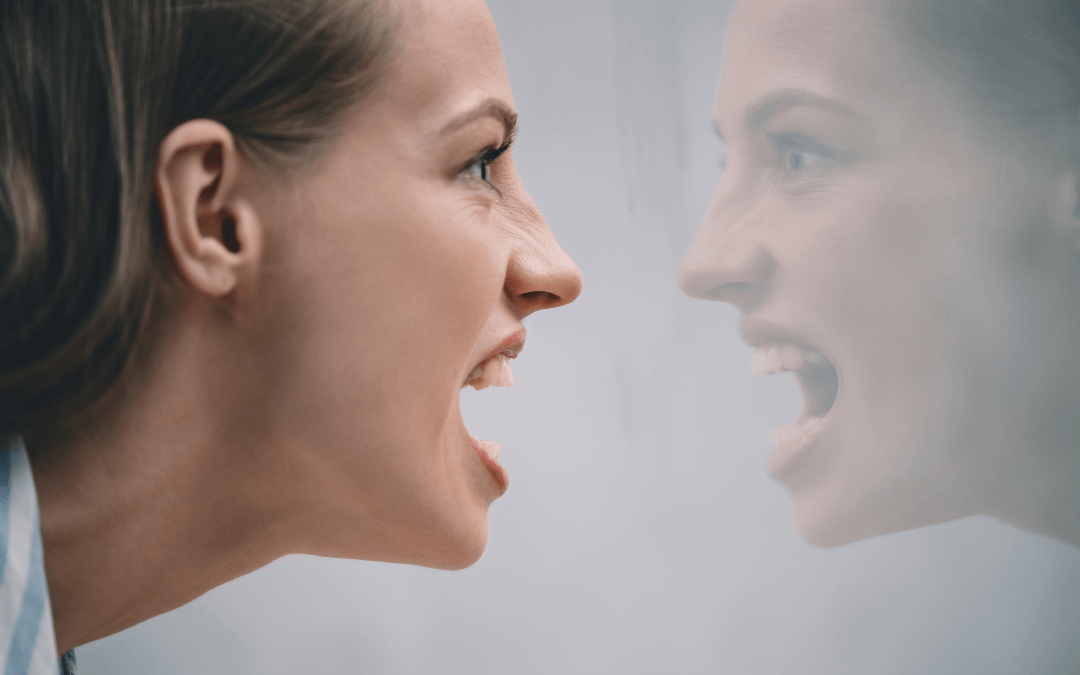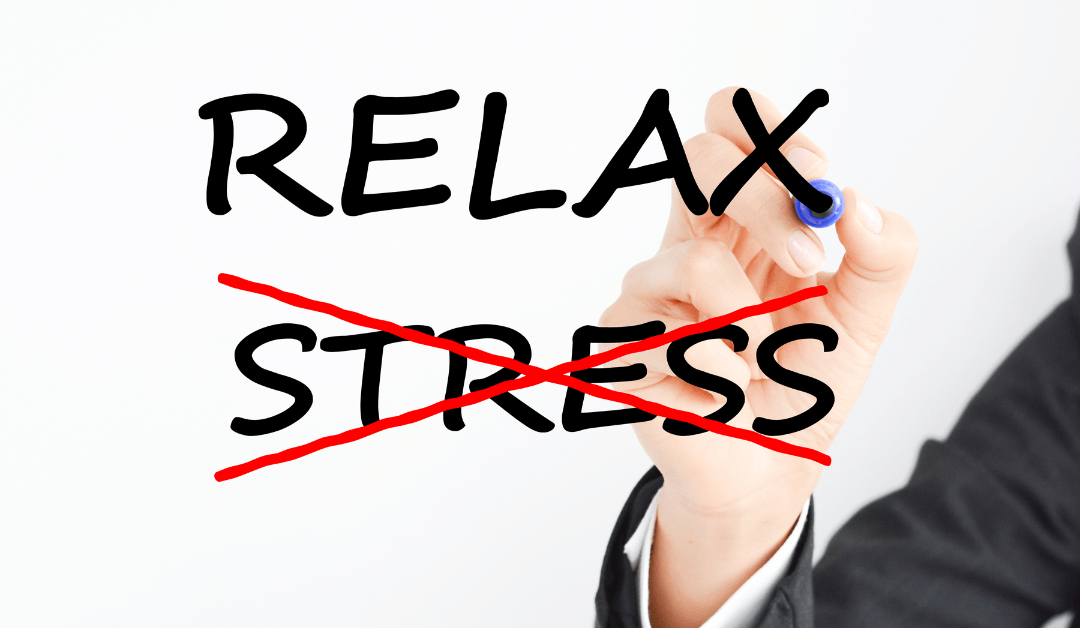Stress has been called anything from a “silent killer” to useful. There are books, courses, research papers and a lot of blog posts on the topic. So why am I adding to the pile? Because looking at stress from the angle of emotions might help you cope with it better.
Stress is not an emotion or a feeling but the stress reaction in our bodies is very similar to fear and anger. Once you understand that, you can manage stress just as easily.
The stress response
Here’s how stress works: You see something scary, like a deadline at work. Your amygdala sends a distress signal to your hypothalamus, which in turn starts a chemical chain reaction that prepares you for a fight or flight response. A burst of energy allows you to focus fully on the trigger. Once this first burst subsides, a second reaction releases hormonal signals to keep you on high alert until you solved the problem.
Moreover, you can experience stress without even realising you do. These short bursts are called microstressors. They might seem insignificant, like a slightly worrying text message from home while you are at work, but the chemicals released by each one add up over time.

Healthy stress
Similar to anger and fear, stress is a mechanism that’s supposed to make your life easier. You face a problem. Here’s a burst of energy so you can clear the issue. Or even save your life. The stress response is so fast that you can react before you are consciously aware of what is happening. That’s why you can step back onto the curve to avoid a car even before you register the danger.
It gets even better. Eustress is the type of stress you feel when you do something exciting, like ride go on a roller coaster ride or on a first date. This type of stress is highly motivating and keeps you feeling alive.
Unhealthy stress
In itself, stress is not harmful. Just like fear, though, it becomes a problem when we experience it too often. Experience fear on a regular basis and you develop anxiety. Being stressed out on a regular basis turns into chronic stress.
Our bodies are not built to cope with the strain chronic stress puts on us. Our modern life-styles expose us to microstressors on a daily basis and make healthy stress-reducing habits, like movement, difficult.
As a result, the hormone and neurotransmitter cocktail released by stress accumulates in our bodies. Over time, constant stress responses can damage our cardiovascular system, lead to high blood pressure and increase the risk of strokes.
If this sounds familiar, that’s because that’s the same result of too much anger and fear. The stress response is chemically so similar, that it even primes us to be angrier and/or more fearful.

System maintenance
Because stress is so similar to emotions like anger and fear, the easiest way to reduce it is emotional hygiene. Maintain the system and keep your base stress level low by practicing two emotional hygiene techniques every single day.
Stress does not have to be a burden. Once you regain your balance, you can turn it back into the useful energy-booster it is designed to be. Use stress to hyperfocus and solve problems more easily. Like every emotion, stress is not the enemy. It’s simply a tool that will make your life easier once you practise using it right.
